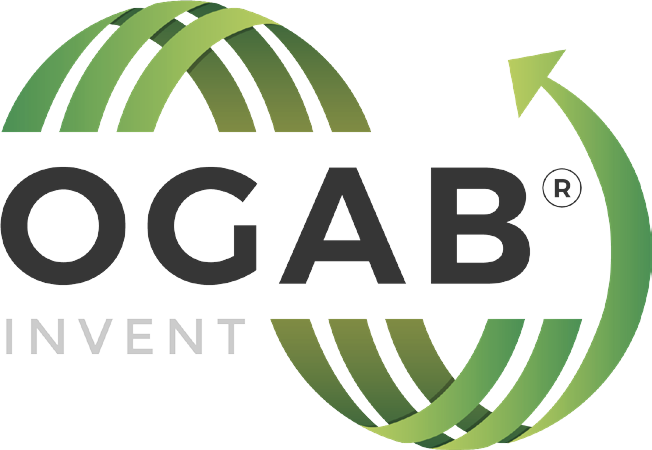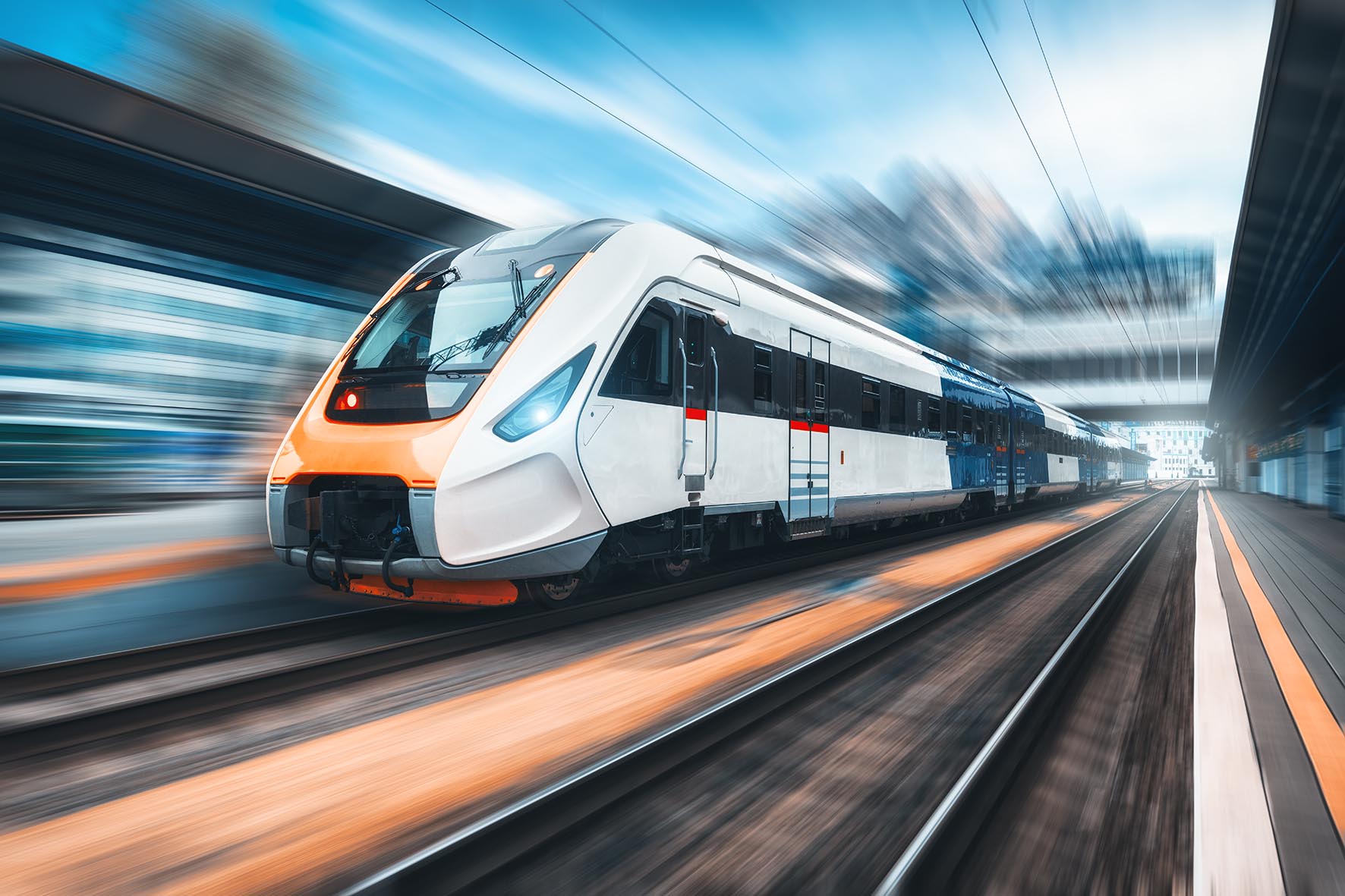A Greener Journey Ahead Is Vital For Sustainable Rail
Compared to road and air, rail transport has long been touted as the sustainable choice for transport. In the latest COP26 summit, rail plays a vital part in the journey to de-carbonising transport, but the rail industry warned that rail was too low on the COP26 agenda. Currently, rail accounts for just 1.4% of domestic transport emissions. Rail freight is also more sustainable, emitting just a quarter of CO2 equivalent emissions of HGVs per tonne.
That said, if the transport industry aims to achieve net-zero emissions by 2050, there is still more that rail transport can do to further increase its efficiency.
Three Ways To Increase Sustainability In The Rail Industry
1. Increase Rail’s Viability
Despite lower emissions, rail freight and domestic rail travel continue to decline. In 2020, rail freight dropped to 16.6 billion net tonne-km from its peak of 22.7 in 2013. Similarly, for rail passengers, the numbers have dropped to a 170-year low. In May 2021, passenger numbers were just 42.7% of pre-pandemic figures.
It is not just the pandemic causing the decline. Public attitude towards train has lowered with common complaints about rising travel costs, overcrowding, and delays. Research has found that rail distrust is up to 37%, citing reasons such as delays and unreliability. 49% of those surveyed said it’s easier to use their cars for the journey.
One of the aspects that could improve the viability and sustainability of the rail industry is by cutting journey times – helping to ensure trains arrive on time and are quicker and more convenient than alternative transport options.
Ogab® offer a solution to reduce journey time through their patented Advanced TRS® sustainable rail technology. Advanced TRS® uses Active Flow Control to reduce the impact of aerodynamic drag on trains. This can not only speed up journey times but reduce fuel consumption by as much as 10%, which may help to lower train fares too.
2. Reduce Emissions
While rail has a lesser impact on the environment than road or air, there is still more that rail companies can do to reduce their emissions. One aspect is the particulate matter (PM) emitted from the train’s brakes. Brakes on trains can generate a tremendous amount of heat which can not only wear out brakes quickly but also emit harmful particulates.
Research suggests that railways contribute to 2% of total NOx emissions and 1% of PM emissions. Studies have documented significant air pollution in stations where trains are idling, and the enclosed environment creates a build-up of harmful pollutants that could affect public health.
By reducing the heat of the brakes through brake cooling technology, it is possible to reduce the amount of friction and heat. This reduces emissions while also reducing the degradation of the brakes, meaning an extended life span.
Studies have shown that Sustainable Braking from Ogab® can help cool brakes, preventing heat escalation, which helps increase brake safety and performance while significantly reducing air pollution.
Sustainable Braking can also help trains reduce their stopping distance, which can also be a key stakeholder requirement as safety becomes ever-more crucial.
3. Lower Fuel Consumption
While the electrification of the railways continues to be a focus for the government, only 42% of the rail network is currently electric, and around 29% of the UK’s rail fleet runs on diesel. With this in mind, reducing fuel consumption can be critical in increasing the sustainability of the rail industry.
Ogab® offers sustainable rail solutions that can help cut fuel consumption by 10% – vital for cost-savings to make rail transport more viable while also reducing CO2 emissions. Ogab®’s Advanced Turbulence Reduction System® helps lower a train’s drag coefficient, saving energy use and lowering emissions.
With sustainability at the forefront, solutions that can potentially lower the cost of train travel while also limiting the carbon impact are essential. The Advanced TRS® can also be used on freight trains, helping to reduce the supply chain cost and limit the environmental impact of transport.
Addressing Rail Sustainability Priorities
With the UK’s government targets of achieving net-zero greenhouse gases from trains by 2050 and improving rail air quality by 2030, Ogab® offers the solutions that can help advance rail sustainability for the environment, economy and health of the public.
To find out more about how Ogab® are supporting the rail industry with sustainable technology, please get in touch with our team.




